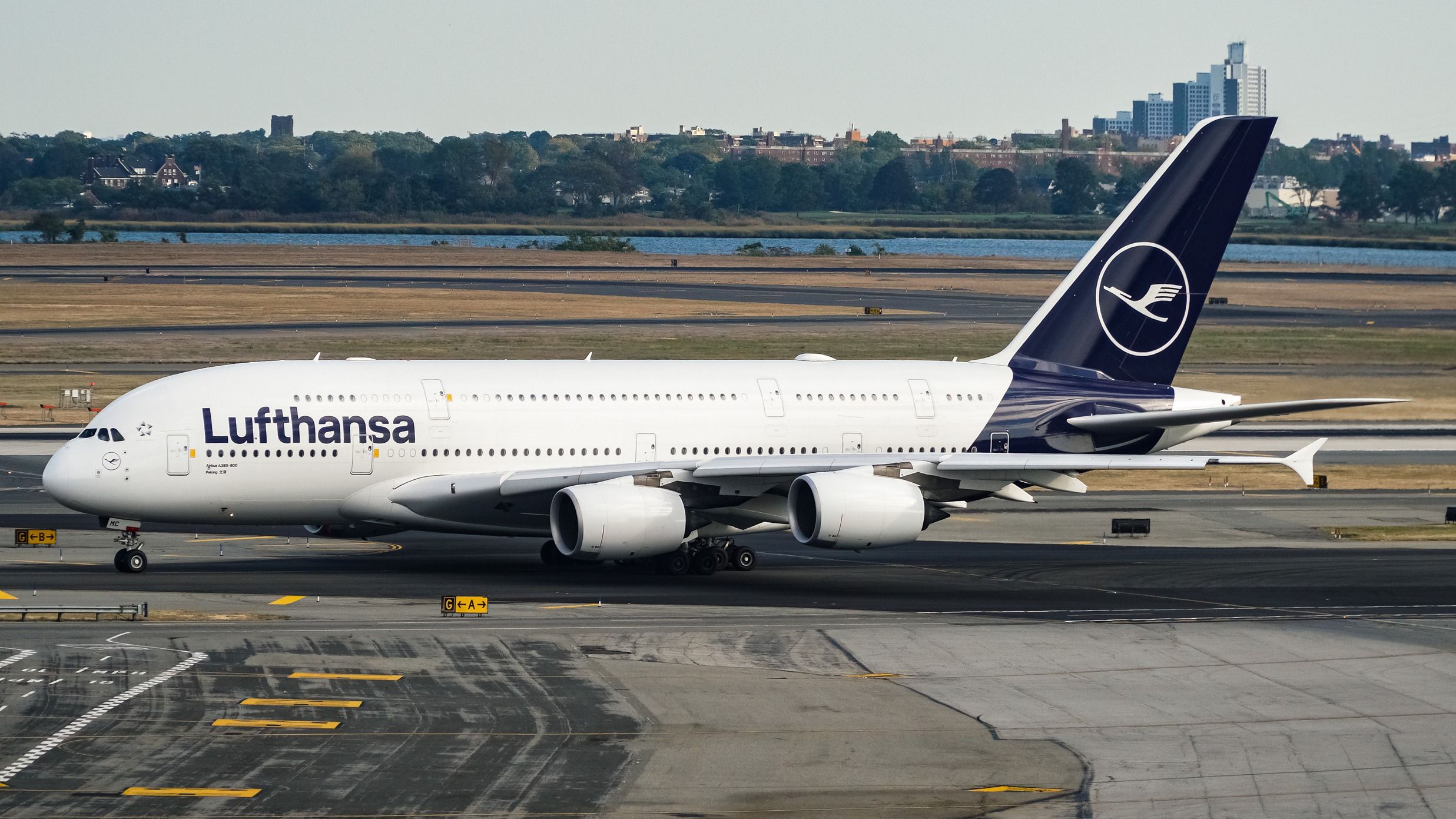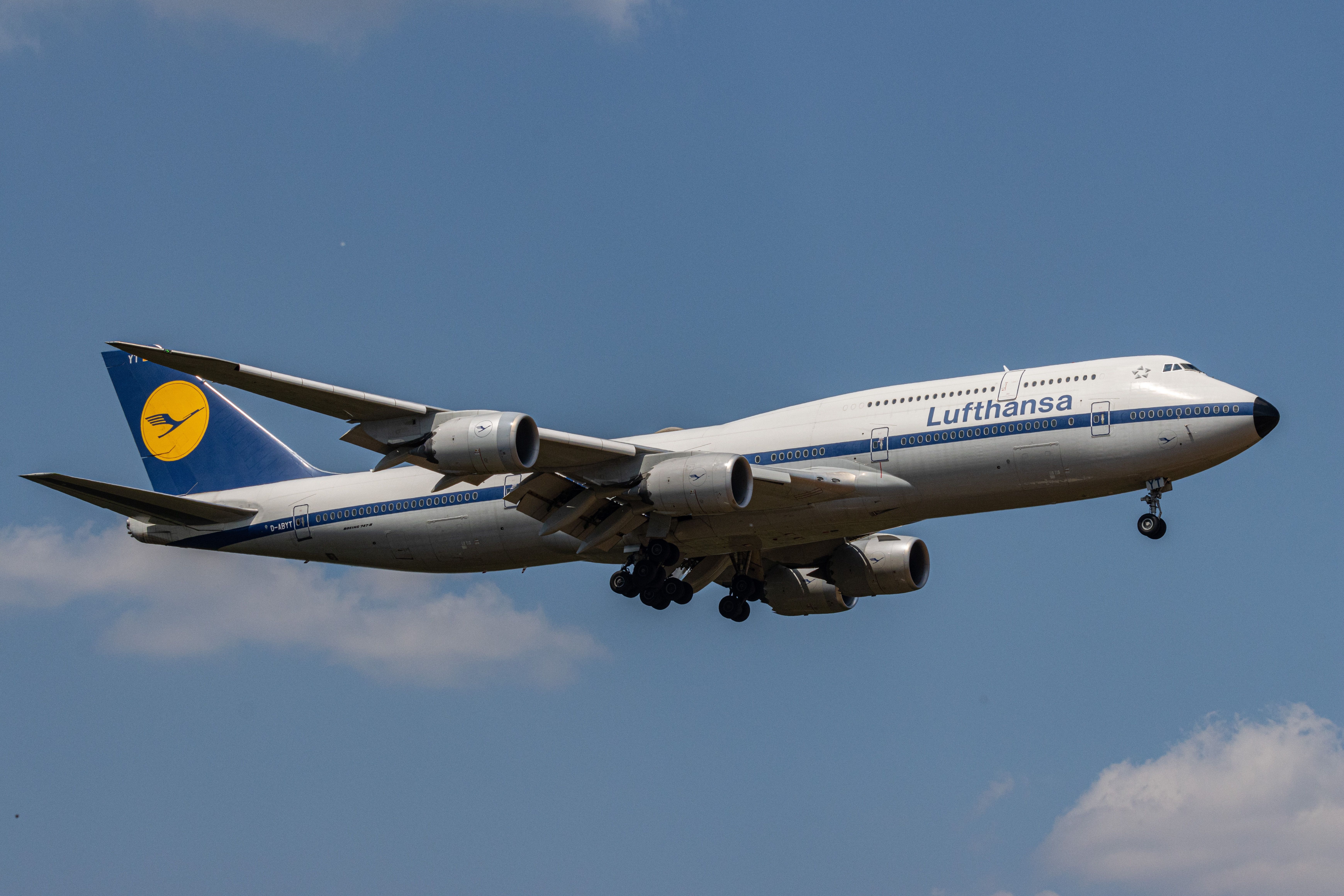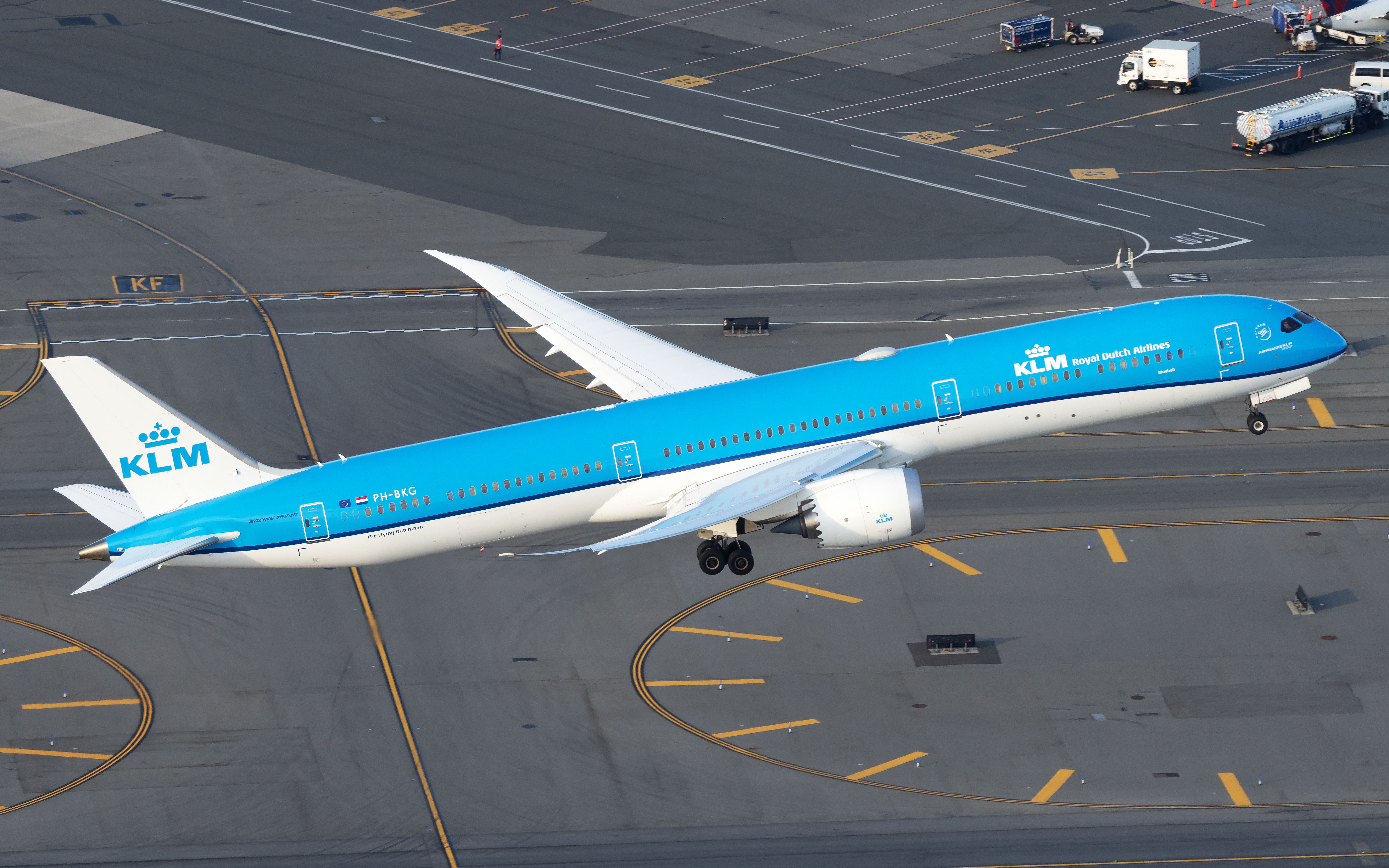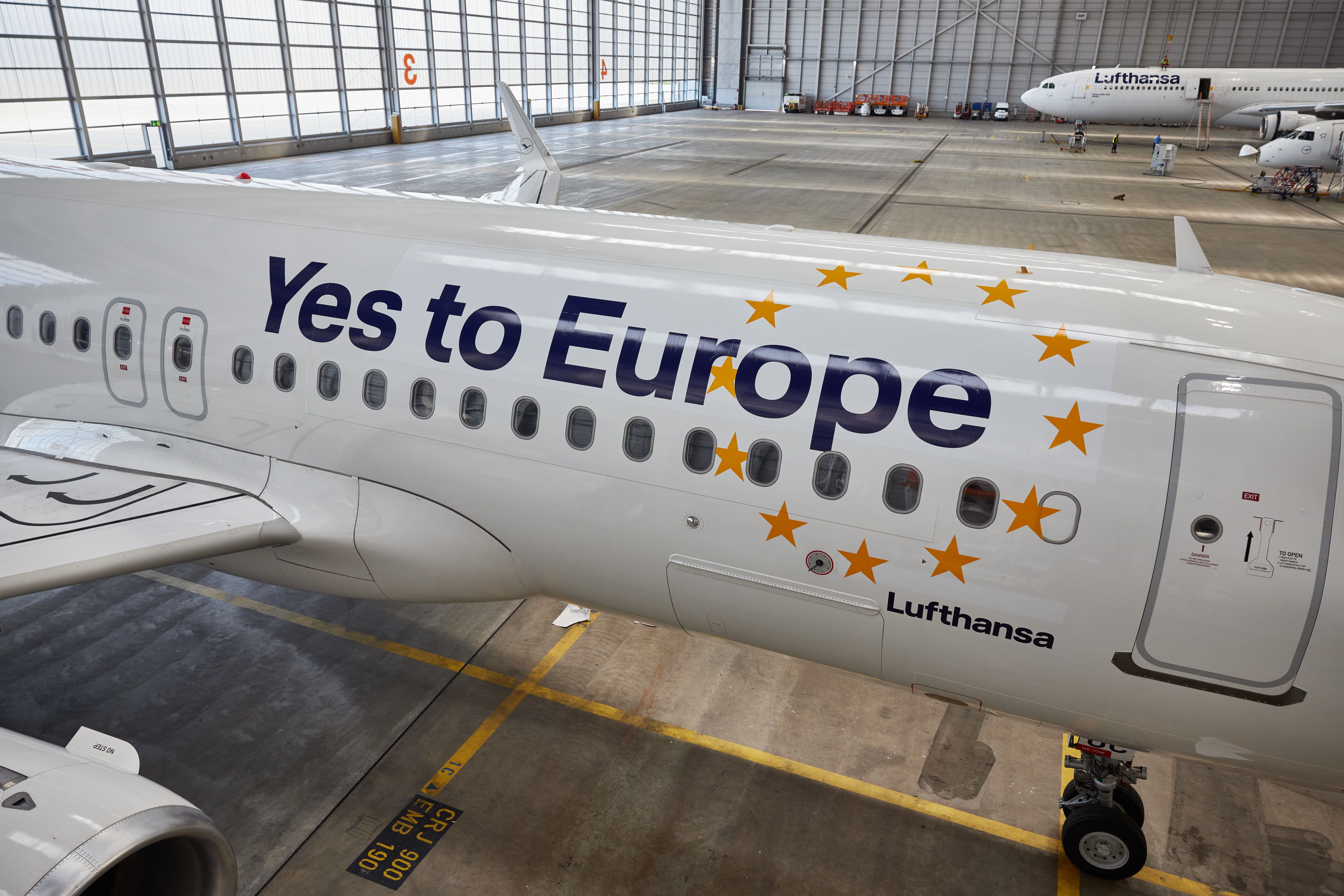Summary
- DOT has fined Lufthansa, KLM, and South African Airways for over $900 million in unrefunded flights during the pandemic.
- The DOT stressed that it aims to hold airlines accountable for canceled and/or delayed flights.
- The US government introduced rules that have mandated airlines to provide automatic cash refunds to affected passengers, similar to rules in Europe, known as the EU Regulation 261/2004.
The United States Department of Transportation (DOT) has fined three airlines for failing to pay refunds to passengers whose flights were canceled during the pandemic on time. In total, the DOT said that it has returned over $4 billion to consumers since it began dealing with COVID-19-related refunds and reimbursements.
Returning more than $900 million
The DOT detailed that the three airlines, namely Lufthansa, KLM, and South African Airways, paid back more than $900 million to consumers whose flights were either canceled or significantly changed during the pandemic. As such, the Department mandated that the three carriers have to provide refunds and pay fines to the US Treasury.
Photo: Fabian Joy | Shutterstock
Lufthansa and KLM have to refund passengers $775 million and $113.3 million, respectively, while South African Airways owes passengers up to $15.2 million in refunds. Meanwhile, the two European airlines had to pay a $1.1 million fine each, while the African airline was given a $300,000 penalty.
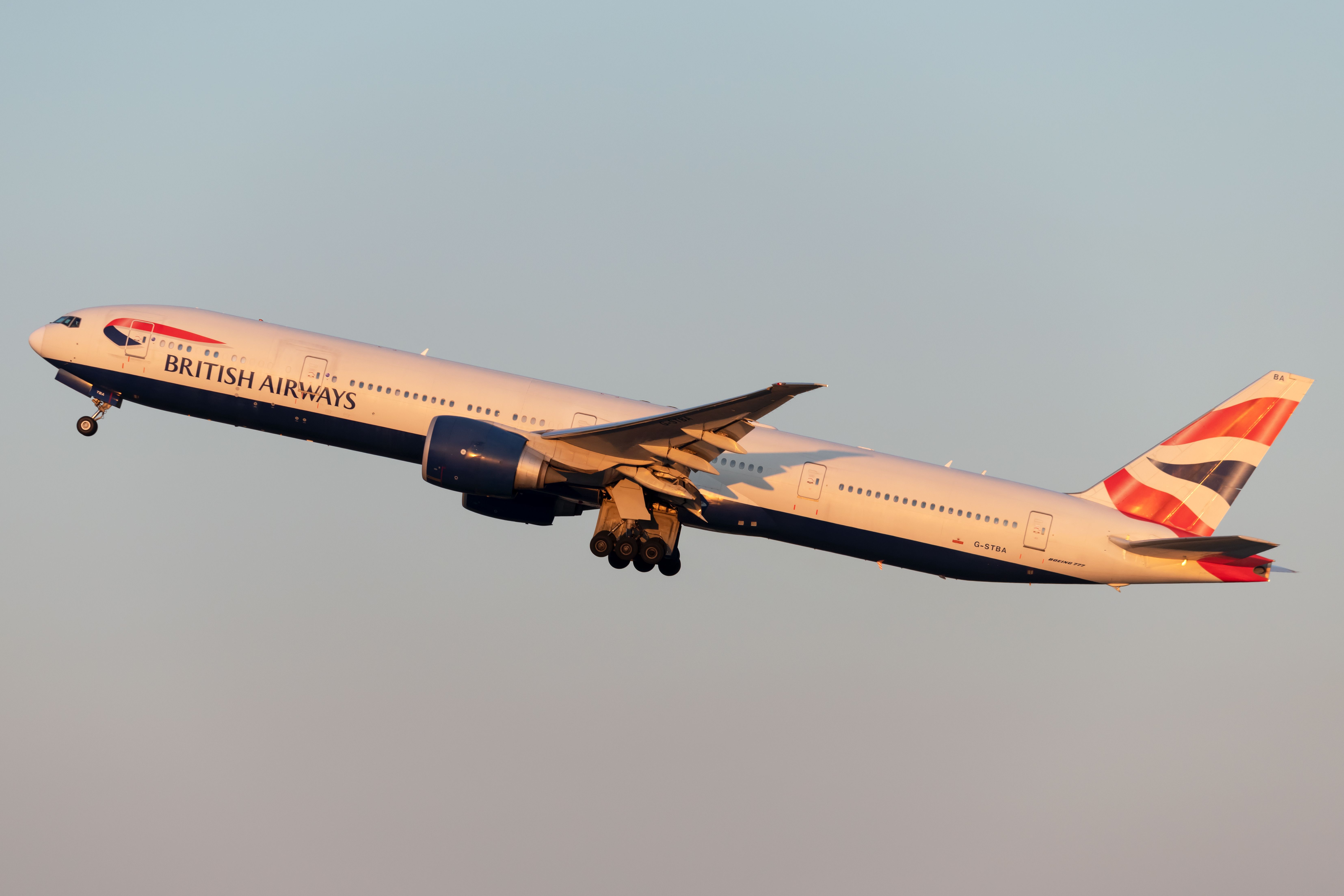
Related
USDOT Fines British Airways $1.1 Million
The US government has once again issued a refund-related fine to an airline.
Holding airlines accountable
According to Pete Buttigieg, the US Transportation Secretary, passengers should not fight airlines to get their money back when their flight is canceled or significantly changed. Thus, the DOT has been looking to hold airlines accountable when they fail to provide passengers refunds, according to Buttigieg.
“Today’s actions further demonstrate that passenger rights remain a top priority for the Biden-Harris Administration—and we are using all of our tools to improve air travel for everyone.”
The DOT stated that in May, it announced two rulemaking changes that would mandate airlines to issue automatic cash refunds to passengers while also protecting them from surprise airline fees. The Department pointed out that this would significantly expand consumer protection in aviation, providing an easier way to receive refunds while saving them cash by eliminating hidden and surprise junk fees.
Photo: Vincenzo Pace | Simple Flying
The refund and junk fee rules were included in the Federal Aviation Administration’s (FAA) Reauthorization Bill 2024, which the incumbent US President Joe Biden signed on May 16, while the DOT introduced the legislation, targeting refunds and junk fees, on April 24.
At the time, the Department said that passengers would be entitled to refunds when their flight was canceled or significantly changed, their baggage return was delayed significantly, or when extra services were not provided.
In turn, airlines would have to ensure automatic cash refunds within seven business days (for credit card purchases) or 20 calendar days (for other payment methods). The DOT specifically outlined that refunds would have to be made in cash or whatever the original payment method was, including credit card or airline miles. Furthermore, carriers would have to refund the full amount, including all taxes and fees, regardless of whether they are refundable to airlines.
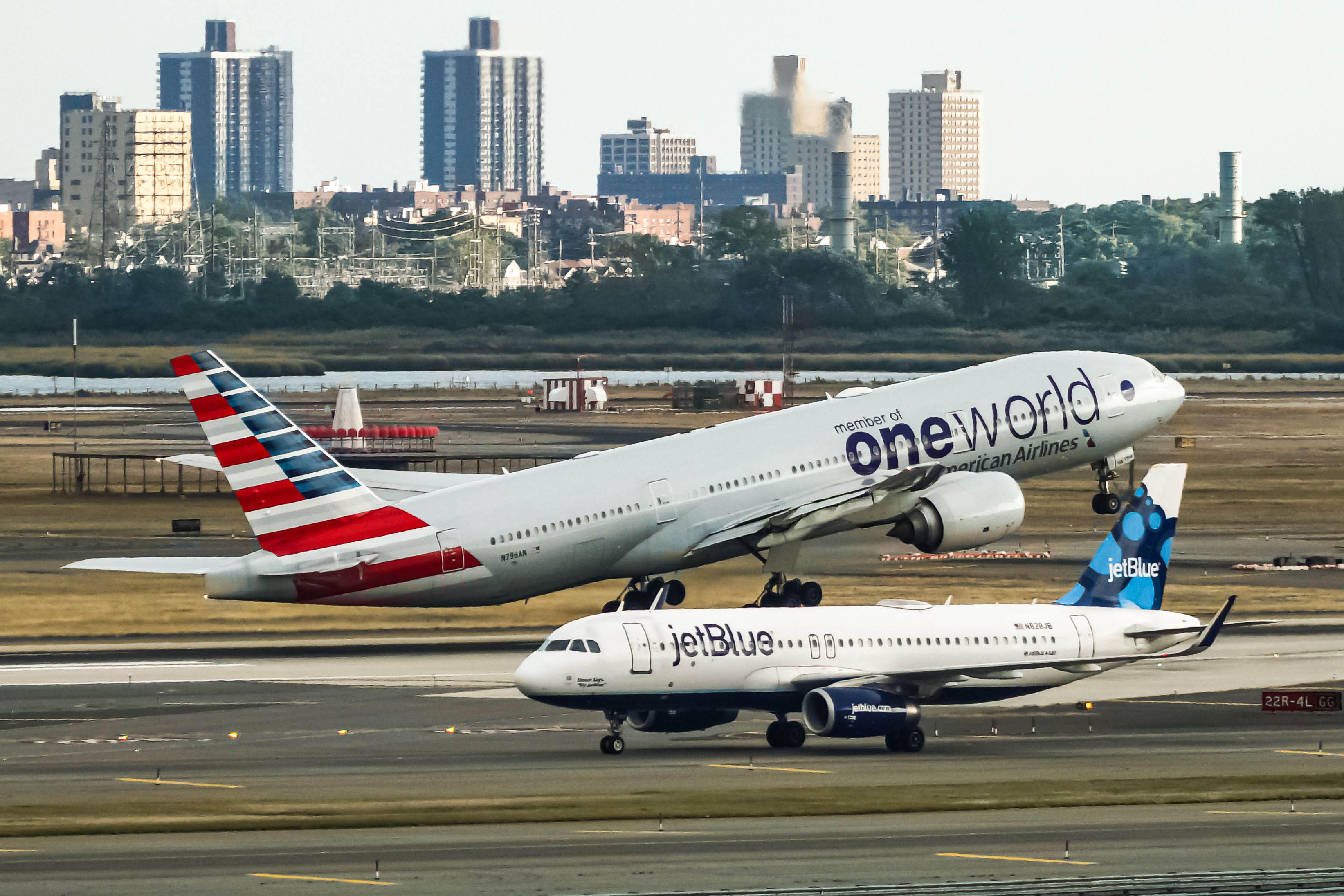
Related
Automatic Refunds: What US Flyers Need To Know About The New DOT Rules
Significant changes to how airlines deal with refunds.
EU regulations
The new refund rules are similar to the rules that airlines have to follow while flying from/to the European Union (EU). Specifically, the legislation, widely known as Regulation 261/2004, was introduced in February 2004, coming into effect in February 2005. It targets delayed and/or canceled flights that:
- Operated within the EU by EU or non-EU-based airlines
- Arrives in the EU from outside the bloc and operated by an EU-based airline
- Departs from the EU to a non-EU country operated by an EU or non-EU-based airline
- The passenger had not received benefits for flight-related problems under the relevant law of a non-EU country.
Photo: Lufthansa
The compensation for passengers ranges between €250 ($271.94) and €600 ($652.83), depending on the nature and the flight’s planned travel distance. However, airlines can opt not to pay compensation when the flight was canceled due to air traffic management decisions, political instability, adverse weather conditions, or security risks, which the European Commission (EC) considers ‘extraordinary circumstances.’
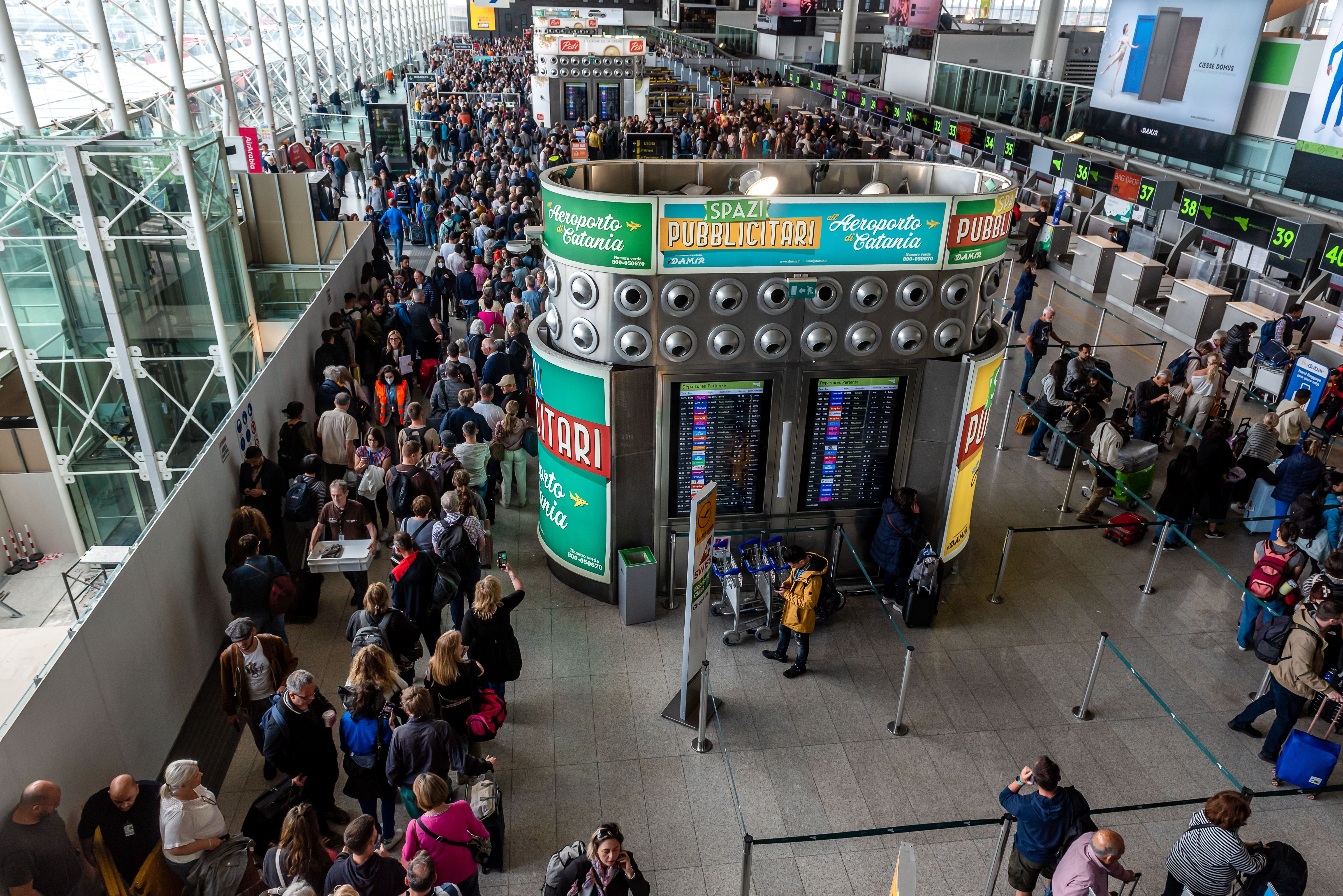
Related
EU261 – How Does Europe’s Flight Compensation Scheme Work?
The Air Passengers Rights Regulation 2004 safeguards consumer rights after delays and cancelations.

